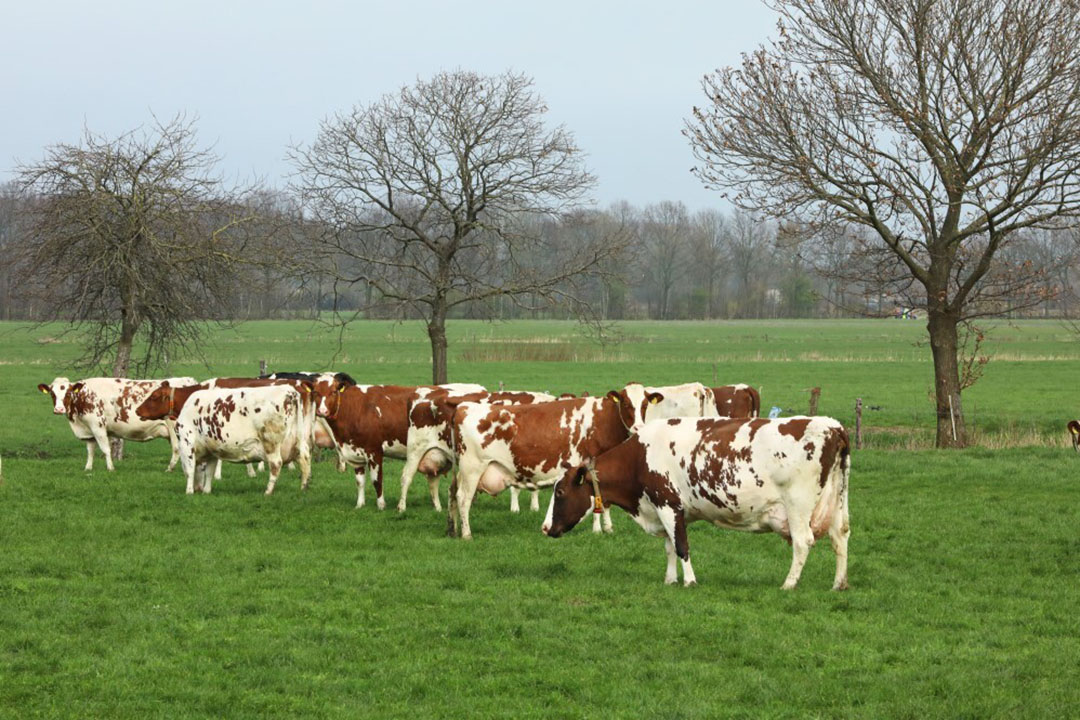
When we talk about what’s better for the environment—meat or plants—it’s easy to get overwhelmed by all the opinions out there. But let’s take a step back and look at the bigger picture. It’s not just about what’s on your plate; it’s about how it got there and how it impacts everything around us. Here’s why sustainable, pasture-raised meat might actually be better for the environment than processed plant-based foods.
Environmental Impact: Comparing Apples to Steaks
Sustainable Livestock Farming: A Natural Cycle
- Cows and Grass Are BFFs: When cows graze on grass, they’re not just eating—they’re giving back. Their manure fertilizes the soil naturally, making it healthier and more vibrant. It’s like nature’s recycling program, and there’s no need for chemical fertilizers.
- Teamwork on the Farm: Imagine a farm where cows graze, chickens peck for bugs, and pigs turn the soil. These animals work together to create a balanced, sustainable system. This is the opposite of factory farming, where everything is separated and unnatural.
- Rainwater Friendly: Properly grazed grasslands act like giant sponges, soaking up rainwater and preventing floods or droughts. Nature really knows how to manage water better than we do!
Plant-Based Processed Foods: The Hidden Costs
- Soil Damage from Monocrops: Crops like soy, corn, and almonds are grown in huge, single-crop fields, which drains the soil of nutrients. To keep growing, farmers use tons of chemicals, which hurt rivers, fish, and nearby ecosystems.
- Thirsty Almonds: Did you know it takes over a gallon of water to grow just one almond? Now think about how many almonds are in your almond milk. Not so sustainable, especially in drought-prone areas like California!
- Energy-Hungry Factories: Those vegan burgers and protein powders may seem eco-friendly, but they require massive amounts of energy to produce. Giant machines, freezers, and ovens run 24/7 to process plant-based foods into something that looks like meat.
Health Benefits: Meat vs. Processed Plant Foods
Sustainably Raised Meat: Food That Loves You Back
- Packed with Nutrients: Grass-fed beef and pasture-raised eggs are like nature’s multivitamins. They’re loaded with protein, healthy fats, and essential vitamins your body knows how to use.
- Brain and Heart Health: Meat from animals raised on grass has omega-3 fats, the same ones you hear about in salmon. These fats are amazing for your brain and heart health.
- No Chemicals Needed: When animals are raised naturally, their meat doesn’t need weird additives or preservatives. What you see is what you get.
Processed Plant-Based Foods: Read the Label
- Missing the Good Stuff: Plant-based diets often lack nutrients like vitamin B12, which only comes from animal foods. Sure, you can take a supplement, but it’s like replacing real sunlight with a lamp—it’s not the same.
- Unpronounceable Ingredients: Ever read the label on a vegan burger? It’s full of things like “methylcellulose” and “natural flavors.” Do you really want your dinner to sound like a science experiment?
- Health Costs Add Up: Poor nutrition can lead to more doctor visits and medications. Real, whole foods—like sustainably raised meat—help your body thrive and save you money in the long run.
Resource Efficiency: Using What We’ve Got
Regenerative Livestock Farming: A Win for the Land
- Making the Most of Marginal Land: Cows can graze on land where crops can’t grow—like hills and rocky areas. This means they’re not competing with crops for farmland.
- Local and Efficient: When animals are raised nearby, there’s less transportation, less packaging, and fewer trucks on the road. It’s better for the planet and supports local farmers.
Plant-Based Foods: A Long Journey
- Global Supply Chains: That vegan protein bar might have ingredients from five different countries, all transported, packaged, and shipped. That’s a lot of fuel and waste for something you could replace with an egg or steak.
- Energy-Draining Labs: Lab-grown meats and other high-tech vegan foods might sound futuristic, but they use tons of energy to produce. It’s like leaving your oven on all day just to cook one meal.
Beyond the Plate: Bigger Impacts
Health and Wellness
- Food as Medicine: Real, nutrient-dense food—like grass-fed meat—can help your body heal and thrive. It might even reduce your need for medications, saving money and cutting down on waste like plastic pill bottles.
- Malnutrition Risks: Relying on processed vegan foods can lead to nutrient deficiencies, which cause long-term health problems. It’s not just about the food; it’s about the system you’re supporting.
Wildlife and Biodiversity
- Letting Nature Flourish: A well-managed livestock farm can support wildflowers, birds, bees, and other wildlife. On the flip side, monocrop fields for soy or almonds often drive out all other life.
- Reducing Pressure on Wildlife: Nutritional deficiencies from plant-based diets have led to practices like overfishing and hunting wild animals. Eating local, sustainably raised meat eases this pressure.
The Bottom Line
Choosing sustainably raised meat isn’t just about your health—it’s about creating a food system that works with nature, not against it. It’s about supporting local farmers, reducing waste, and nourishing your body with real, whole foods. So next time you hear someone say that plant-based is the only way to save the planet, remember there’s more to the story. With the right choices, a carnivore diet can be both healthy for you and good for the Earth.







